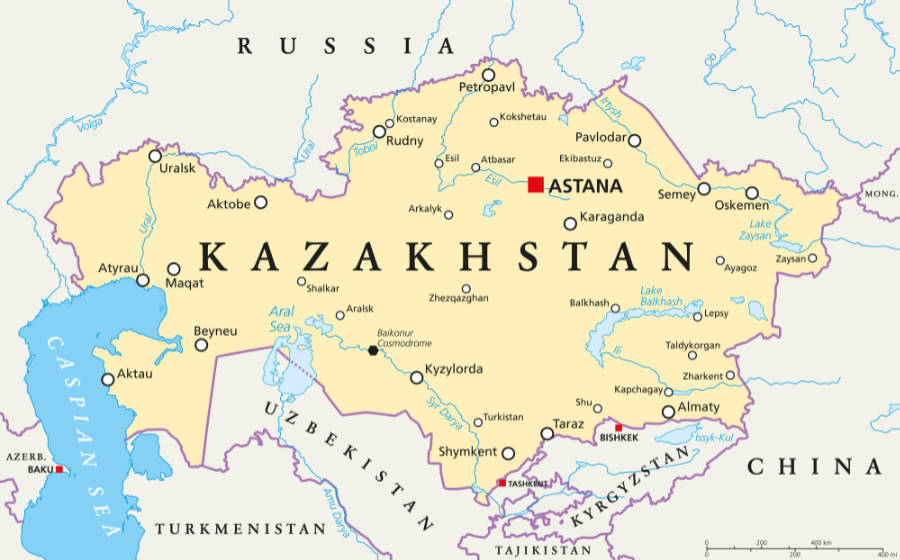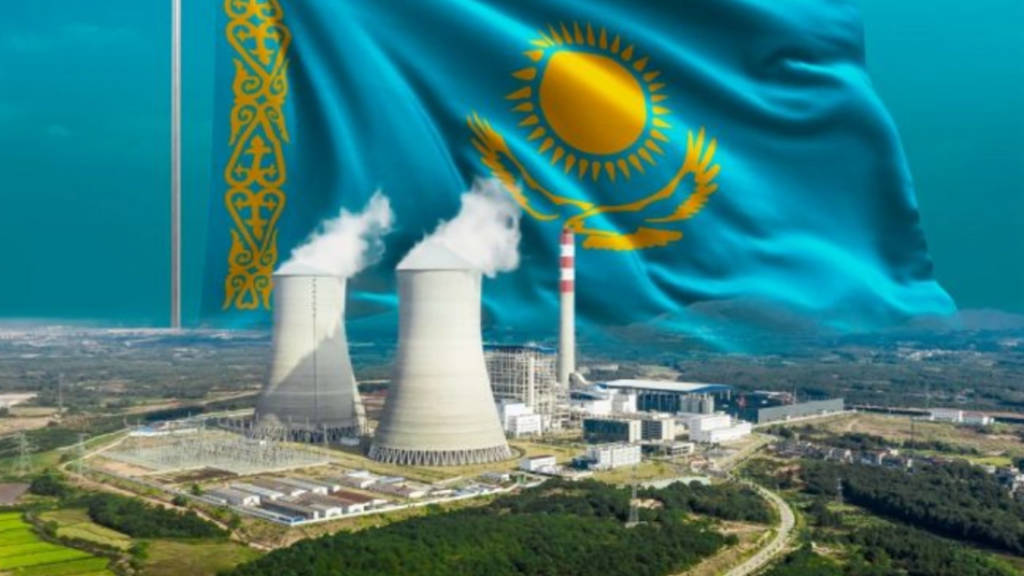A general contract with Rosatom to build a nuclear power plant in Kazakhstan will be signed after the conclusion of intergovernmental agreements to regulate bilateral cooperation and financing issues, according to the Kazakh Nuclear Energy Agency (NNC)
They have stated that “This contract will be signed after the conclusion of intergovernmental agreements between Kazakhstan and Russia on main terms of cooperation and the provision of interstate export financing.” The development of design documentation depends on the results of engineering surveys, which will begin this summer.”
Kazakhstan will include the so-called sanctions clauses in the contract for building the nuclear power plant, the NCC said. “Should any risk associated with the enhancement of sanctions on particular countries emerge in the future, we will include respective contract mechanisms used by Kazakh companies in other projects. For instance, relevant sanctions clauses or other legal instruments can apply.”
The agency said it was confident that the Western sanctions on Russia “would have no effect” on the NPP project in Kazakhstan. “As of now, Rosatom is not on the sanctions lists. Nuclear energy is associated with social and humanitarian needs and the climate agenda and is not on the sanctions lists.”
In 2024, Kazakh citizens approved the construction via national referendum. Rosatom was then selected as consortium leader for the construction of Kazakhstan’s first NPP, with discussions underway about Russian state export financing. Necessary intergovernmental agreements and contracts are planned for November 2025.

The construction of a nuclear power plant in Kazakhstan will take approximately 11 years and should be completed by 2035-2036. The NCC stated that “Global industry standards indicate nuclear power plants typically require 10-12 years from design to commissioning.” Accordingly, we anticipate completing construction in 2035-2036. Rosatom confirms alignment with these plans.”
The electricity tariff from the future NPP will depend on several factors but will be higher than at existing coal-fired power plants during the payback period. NCC explained that “The electricity tariff from the future nuclear plant will directly depend on the final project cost, operational expenses, borrowed capital costs, and other financing parameters.” Interagency calculations on these aspects are currently ongoing. Clearly, the tariff will be higher than for electricity from existing coal-fired CHPs and TPPs during the payback period, as those stations were built decades ago and their capital costs have already been fully amortized.”
However, after the payback period, nuclear-generated electricity could become comparable to or even cheaper than electricity from gas and coal-fired power plants. Nuclear generation isn’t subject to fuel market volatility, ensuring long-term price stability. In addition, the plant’s designed operational lifespan exceeds 60 years. Final tariff parameters will be announced after completing all calculations and approvals.
Further Reading
Russia and Kazakhstan Discuss Nuclear Cooperation and Increasing Oil/Gas Transits

 Русский
Русский













